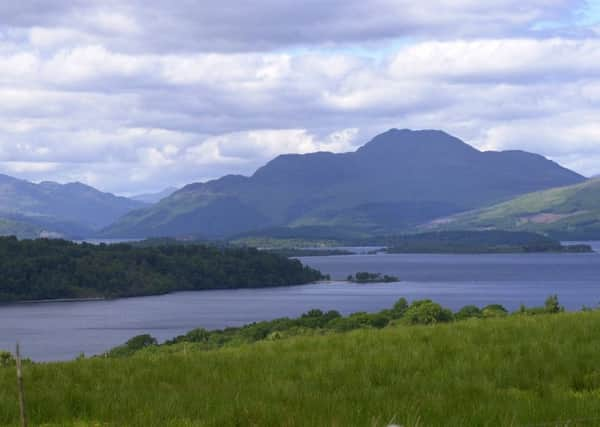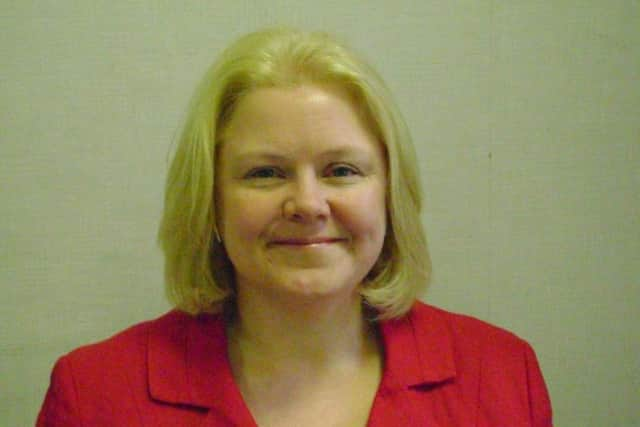Anne McCall: Conserving nature has never been more crucial


Achieving a world richer in nature, nature that is important for its own sake and for its role in enhancing quality of life through health and well-being, contributing to prosperity and economic activity and maintaining the planet’s life support systems, is unquestionably a crucial ambition.
This challenge has never been more important. Political, economic, social and technological drivers have put the planet on the brink of a sixth mass extinction event, whilst the growing human population of seven billion becomes ever more disconnected from nature.
Advertisement
Hide AdAdvertisement
Hide AdThe 2016 State of Nature report showed that between 1970 and 2013, 56 per cent of species in the UK declined. Internationally, the Biodiversity Intactness Index gives us a way to measure the loss of nature due to human activities in individual countries.


Anything below 90 per cent indicates that ecosystems may fall beneath the point at which they can reliably meet society’s needs. The value for Scotland – 81.3 per cent – gives great cause for concern. Of 218 countries assessed, Scotland is 36th from bottom.
To counter this, our Government have some very welcome initiatives and major policy developments to help our biodiversity. The Cabinet Secretary’s determination to tackle wildlife crime is clear. The establishment of an expert group to examine the licensing of game bird hunting, to ensure the sustainable management of this sport, is excellent – we hope the Government will respond positively to its recommendations.
Another group experiencing significant declines is seabirds. There are multiple causes for this but, as well as addressing climate change, it is vital to protect feeding areas and ensure breeding colonies are safeguarded. The Scottish Government’s progress on protected areas has been good – but completion of the network is still necessary. Again the Cabinet Secretary has indicated she wishes to continue in this vein, and this is to be applauded. RSPB Scotland has also led work on island restoration – and this, too, needs to be continued and funded.
Right now, a huge uncertainty hangs over environmental policy and associated policies for agriculture, rural and regional development, forestry and fisheries, because of Brexit. So far, the Scottish Government’s commitment to ensure environmental protection is encouraging. The Cabinet Secretary’s statement that protections need to be maintained because they are intrinsically “right” – and not just because they deliver compliance with EU law – is absolutely correct. We hope that, whatever the consequences of Brexit, the Government will ensure that the conservation and enhancement of biodiversity is at the heart of future policies.


I have been fortunate to work on the Inner Forth Landscape Initiative, a diverse partnership of local councils, NGOs, conservation organisations and transport enabling groups – all conserving and restoring the built and natural heritage that define the rich Inner Forth landscape.
Similarly, the Great Trossachs Forest project unites RSPB Scotland with Forestry Commission Scotland, Woodland Trust and energy company BP. Together we are restoring 160 sq km of woodland at Loch Lomond and The Trossachs National Park, creating one of the most significant native woodland projects in the UK.
Our Giving Nature a Home in Glasgow project has linked people with local wildlife and green spaces through garden festivals, citizen science, practical conservation and environmental education.
Advertisement
Hide AdAdvertisement
Hide AdElsewhere we have formed lasting relationships with grassroots community groups, helping them challenge developments that would have caused untold damage to our natural heritage, such as the Hunterston coal-fired power station, the Lewis Wind Power development, and the Aberdeenshire Trump golf development. Partnership works. It delivers major beneficial changes for wildlife and the environment. As an organisation, we have a great track record and it is my intention that we grow and develop that work across Scotland.
Anne McCall is director of RSPB Scotland.